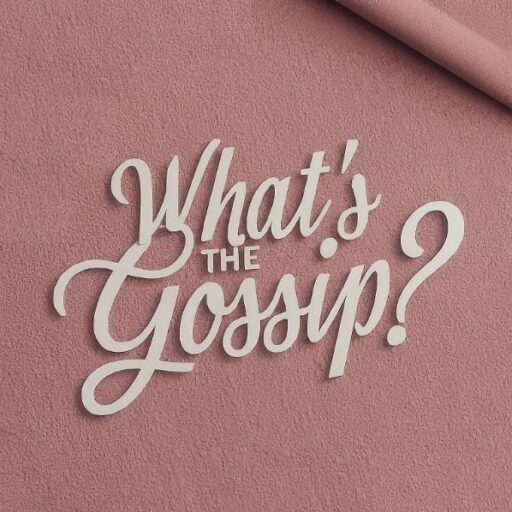Prince Harry has once again stirred international attention with a powerful statement and candid interview, in which he accused key British institutions of failing him and his family, while exposing what he called “shocking truths” about the inner workings of royal security arrangements. Speaking to the BBC and publishing a written statement on the website he shares with his wife, Meghan Markle, the Duke of Sussex spoke out after losing a legal battle over the right to government-provided protection while in the United Kingdom.
In his May 2, 2025 statement, Harry didn’t hold back: “This all comes from the same institutions that preyed upon my mother, that openly campaigned for the removal of our security, and that continue to incite hatred towards me, my wife and even our children, while at the same time protecting the very power that they should be holding accountable.”
What Does Buckingham Palace Has To Say About Prince Harry?
The statement and subsequent interview revealed not just his personal frustrations, but also serious allegations about how decisions regarding his security were made and who influenced them. Harry claimed the legal proceedings revealed that the Royal Household played a significant role in decision-making through RAVEC—the Executive Committee for the Protection of Royalty and Public Figures. He emphasized that this body, comprised of officials from the Royal Household, the Home Office, and the Metropolitan Police, failed to follow its own protocols in assessing the risks to him and his family.
“The court’s ruling confirms that the Executive Committee for the Protection of Royalty and Public Figures… has failed to follow its own mandated processes for me, which are applied to all other high-risk and high-profile individuals,” he stated.
Harry plans to take the matter further, writing that he would appeal to the Home Secretary to conduct an urgent review of RAVEC and its practices. “My legal action has uncovered shocking truths, starting with the fact that the Royal Household are key decision-makers on RAVEC and my sole representation for matters regarding my safety,” he said. He also pointed out that many of the individuals involved “retired immediately after playing their part.”
One particularly striking revelation dates back to November 2017, when RAVEC—before its royal influence was widely known—decided Meghan Markle should not receive protection upon joining the royal family. “Only when I asked for the name of the person willing to carry that risk, did they reverse the decision,” he wrote.
According to Harry, the situation worsened in 2020 when RAVEC declined to perform the required annual risk, threat, and impact assessment. “The result was stripping me of the protection I’ve had since birth, whilst signalling to all other governments to do the same. This reckless action knowingly put me and my family in harm’s way. Life is precious, and I understand the fragility of it,” he declared.
Despite the controversy, Prince Harry made it clear he had attempted to resolve matters quietly and constructively. He said he tried to handle things privately in both 2020 and 2021, even offering to pay for police protection himself. “But no one responded directly to me about my offer,” he revealed.
The former royal also shed light on the very real threats he and his family continue to face. “In recent years, my family and I have been subjected to well-documented neo-Nazi and extremist threats, including Al-Qaeda. There are individuals in prison on UK soil because of such threats,” he said.
He characterized the failure to properly assess and respond to those dangers as a “dereliction of duty.” His military history, public visibility, and media scrutiny, he argued, only compound the risks. “The stark difference is I was born into lifelong circumstances that create inherent security risks. My decade of military service, particularly two tours of duty in Afghanistan, as well as social and tabloid media frenzy, have only intensified those threats,” he explained.
The emotional weight of his words was perhaps most deeply felt when he discussed his father, King Charles, who is currently battling cancer. “I would love a reconciliation,” Harry told the BBC, “but my father won’t speak to me because of this security stuff.” He added, “I do not know how much longer my father has.”
Buckingham Palace, via the BBC, responded briefly: “All of these issues have been examined repeatedly and meticulously by the courts, with the same conclusion reached on each occasion.”
Despite the legal setbacks and estrangement from the royal family, Harry reaffirmed his love for his homeland. “The UK is my birthplace and will always be part of who I am. It is a place I love and the country where my son was born,” he wrote. “I’ve only ever wanted to continue my charitable work in supporting the causes and people that mean so much to me, and for my children to know the beauty of my homeland.”In closing, Prince Harry described the experience as “truly devastating,” not only because of the personal impact, but because of “who was behind it and who sanctioned it.” His words painted a portrait of a man still deeply tied to the country he once represented—and still fighting for the right to safely return.
